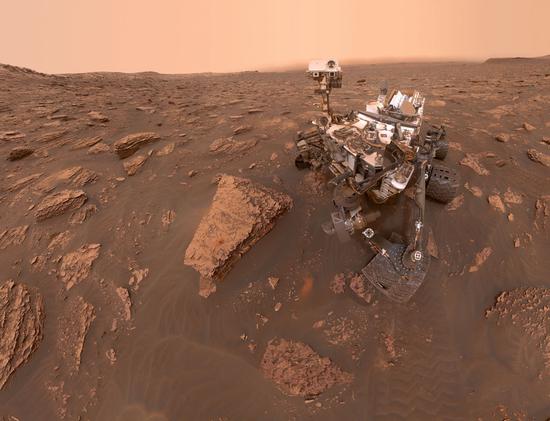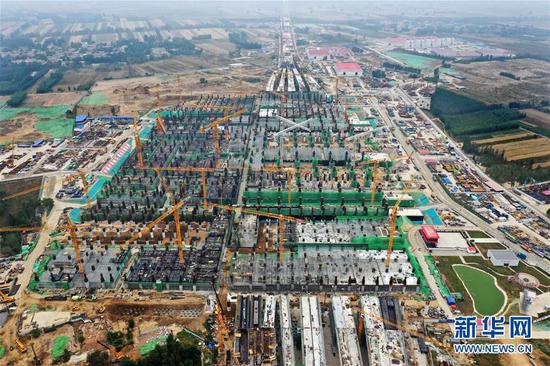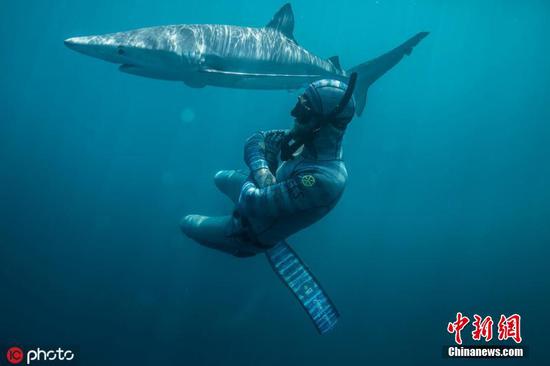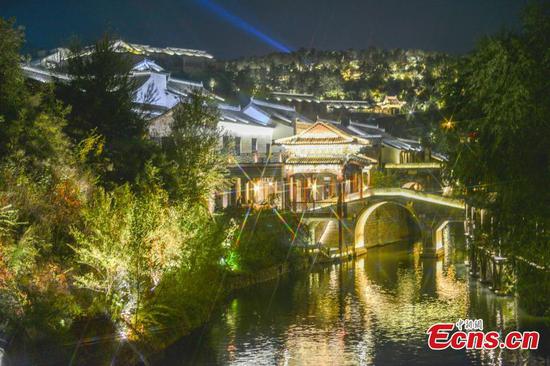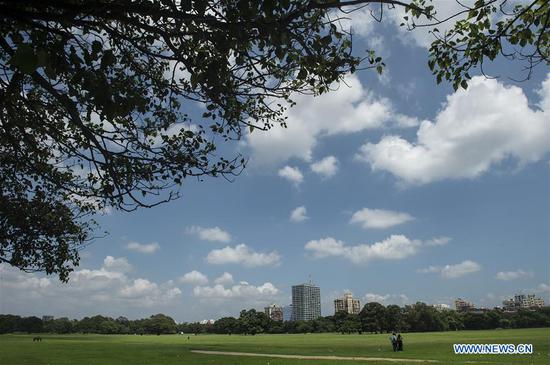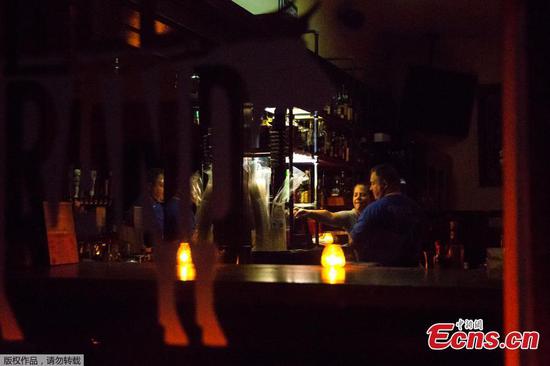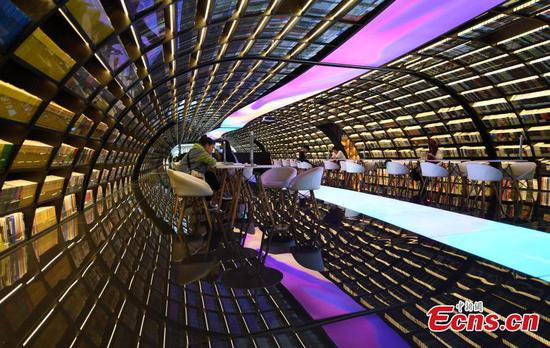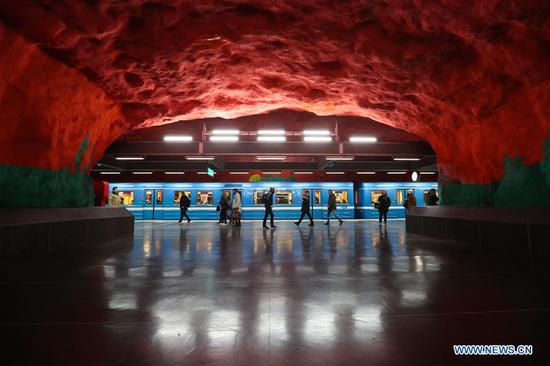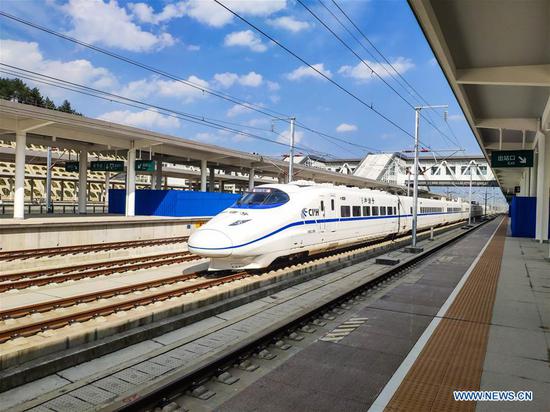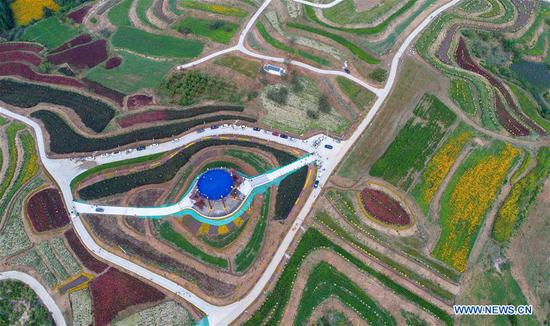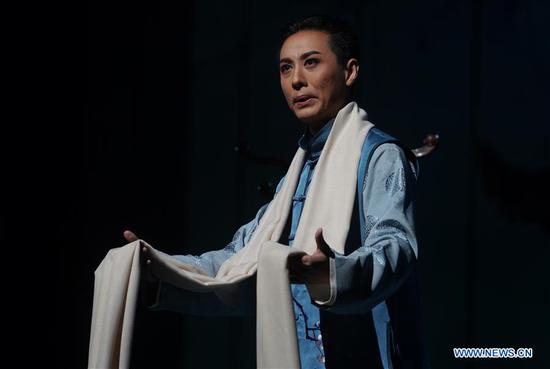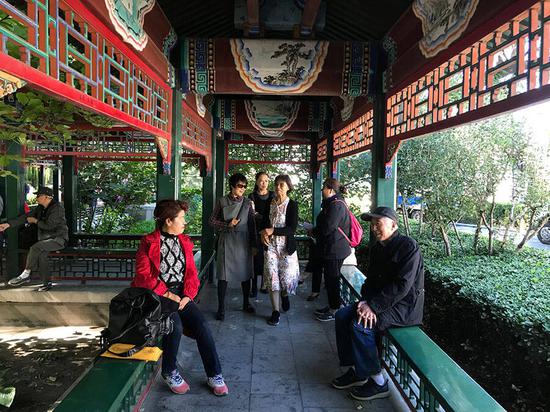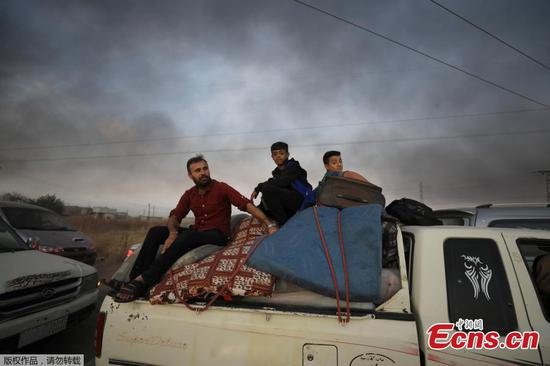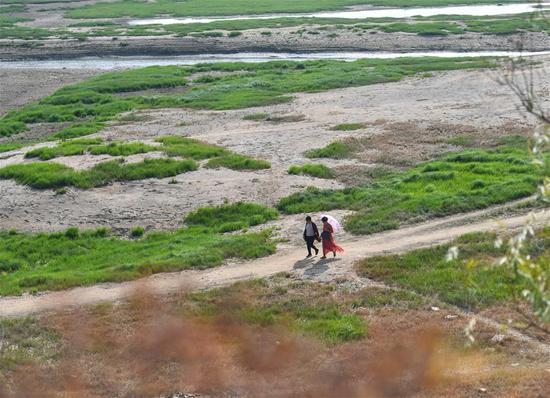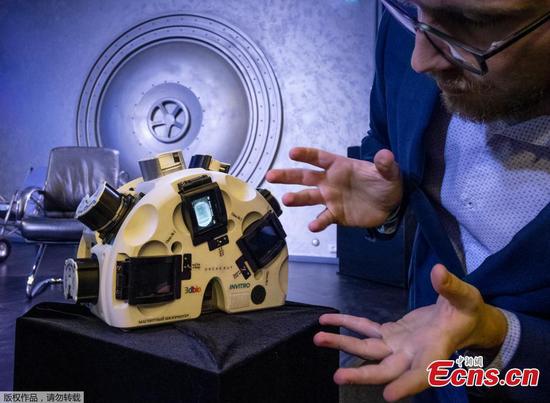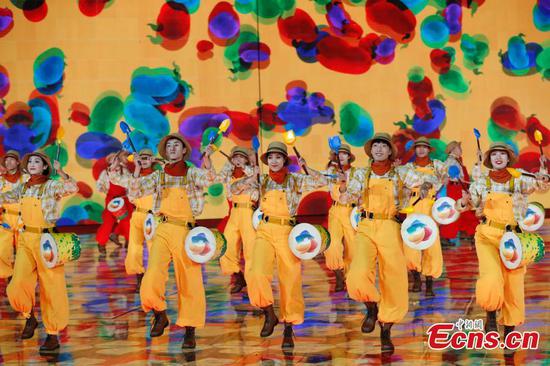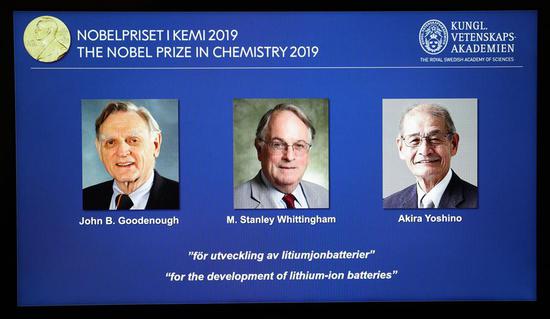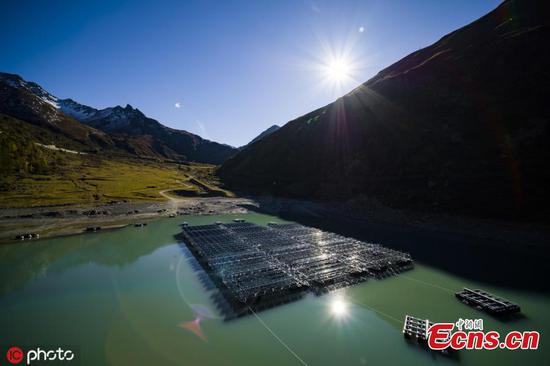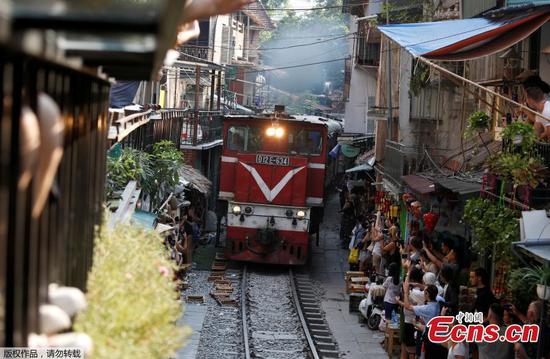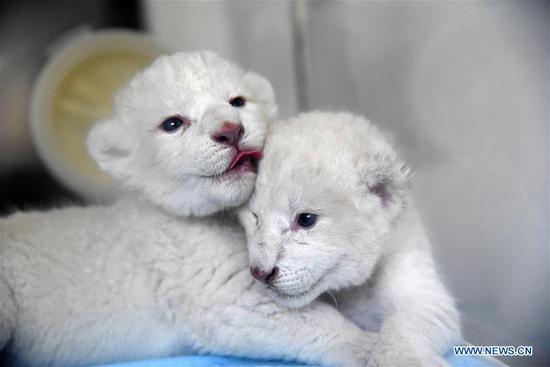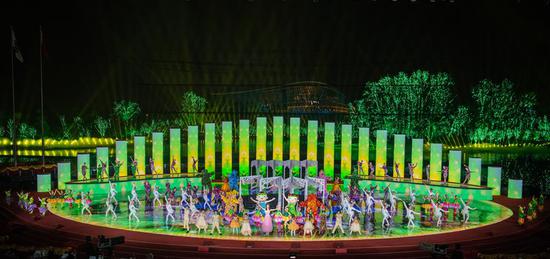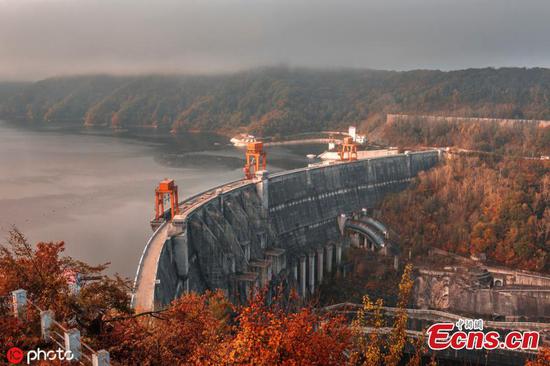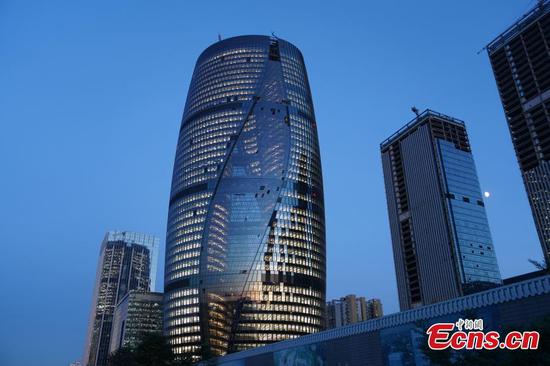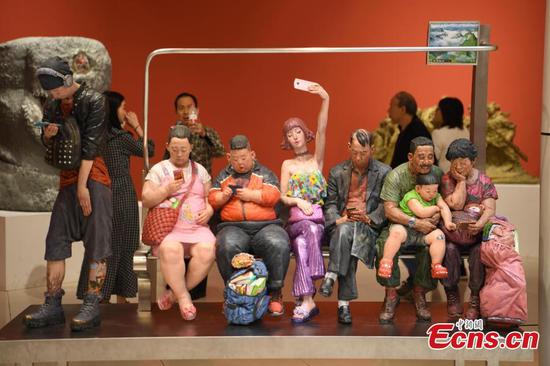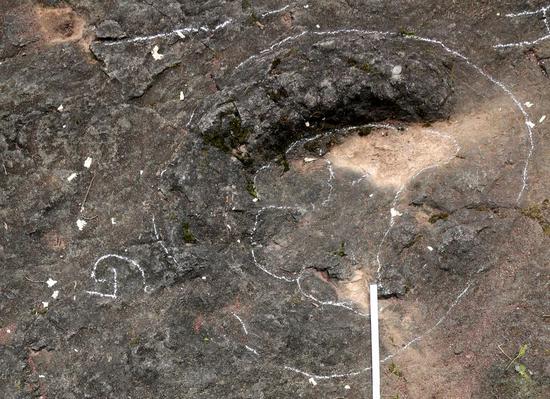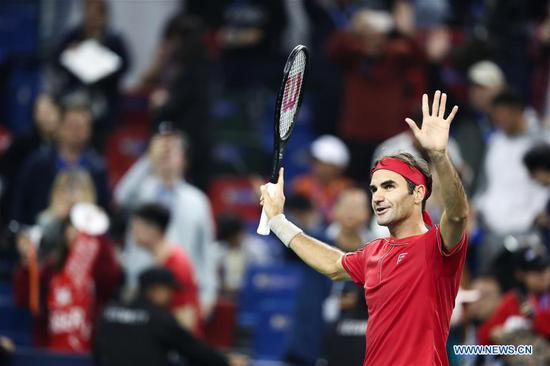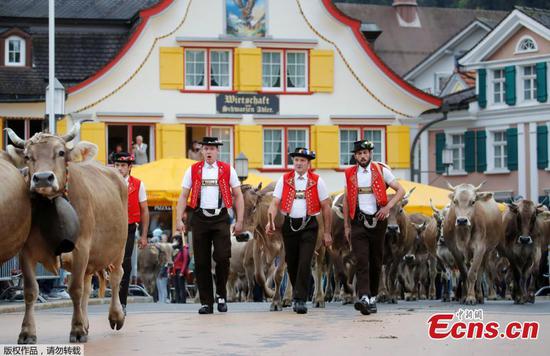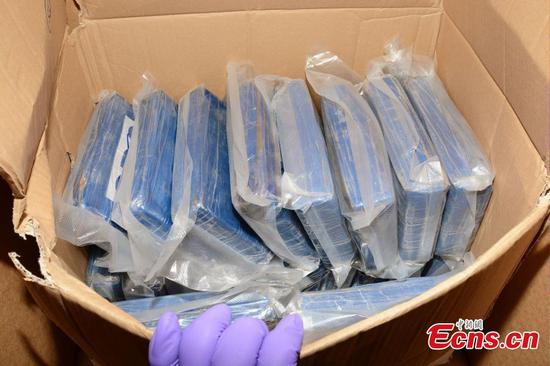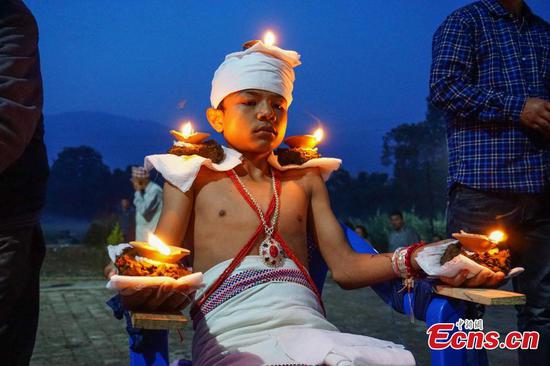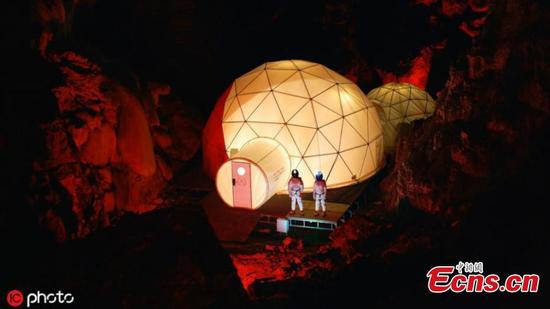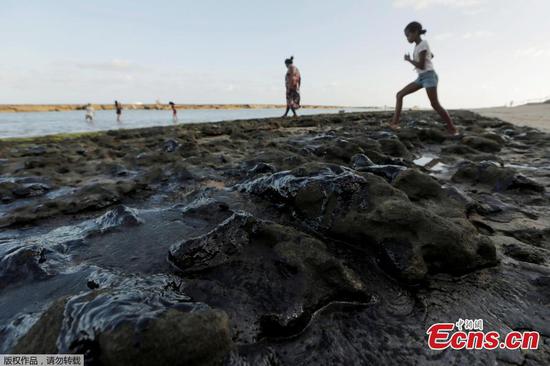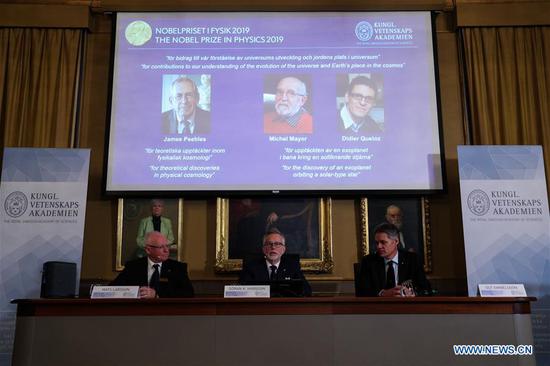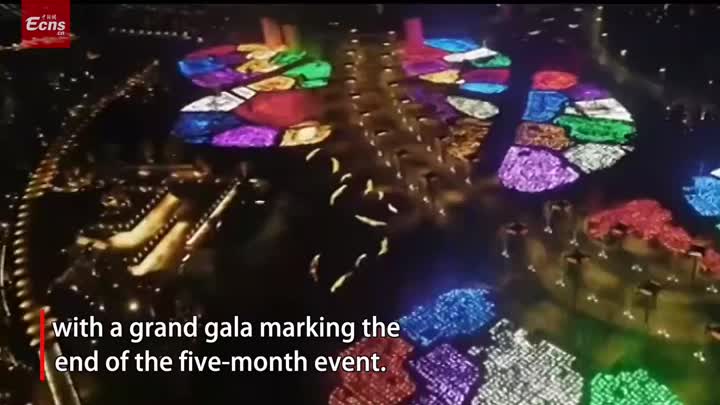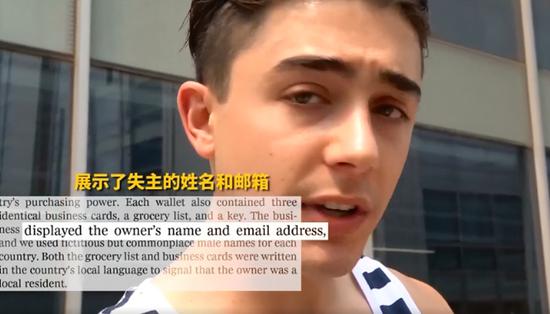'Strategic cooperation' can take Sino-Indian ties to next level, experts say
President Xi Jinping and Indian Prime Minister Narendra Modi will meet in the coastal city of Chennai in the Indian state of Tamil Nadu on Friday amid expectations of a renewed leadership push to stabilize bilateral relations.
This second informal summit follows one held in Wuhan, Hubei province, last year.
Xi last visited India in September 2014.
Analysts in both countries said they anticipate a range of topics — from hot-button issues to routine ones — to be discussed at this year's summit.
Chinese experts highlighted "strategic cooperation" as a way to take bilateral relations to the next level.
"During this summit, they (the leaders) will likely view bilateral relations more from a strategic perspective and its significance not just for China and India but also the world," said Li Li, a professor at Tsinghua University's Institute of International Relations.
"When we look at China-India relations, we find some structural contradictions," she added, citing the border issue as one.
Li, who specializes in Sino-Indian relations, said the consensus reached in Wuhan focused more on cooperation as well as better management of the border issue.
The format for this year's summit will likely be similar to that for the first, with personal interactions between Xi and Modi and a lack of ceremony or issuance of statements usually associated with high-profile formal government meetings.
Li said she expects the talks to be "free and comprehensive".
On Wednesday, the Indian Foreign Ministry said the Chennai summit "will provide an opportunity for the two leaders to continue their discussions on overarching issues of bilateral, regional and global importance".
China-India trade is set to reach $100 billion soon; cultural exchanges have increased; Chinese companies dominate India's mobile phone market; more Indians work in China in various sectors, including government scientific institutions; and the two countries are even talking of jointly addressing global development issues.
Talking more, not less
However, Sino-Indian relations are complex.
Through bilateral high-level meetings, a mechanism could be created where there are fewer elements of surprise in the relationship, according to Einar Tangen, a commentator in Beijing on Chinese economic and political affairs.
He said he expects economic issues, included regional proposals such as the China-Nepal-India rail corridor to be discussed at the summit.
Srikanth Kondapalli, a professor specializing in Chinese studies at Jawaharlal Nehru University in New Delhi, said India is expected to raise the trade imbalance issue, adding that the deficit has implications for government spending in India.
Information technology is an area that offers scope for synergy, Tangen said. "IT is something that Xi and Modi could talk about."
China is at the forefront of not only developing technology but also setting the agenda. "India has the technical manpower to help China with both hardware and software. This would breathe new life into India's tech industry" and create the jobs it wants and needs, Tangen said.
But to do business, "India needs to do more to familiarize itself with China — culturally, politically and legally", he added.
Long Xingchun, a professor specializing in Indian studies at China West Normal University in Nanchong, Sichuan province, said he expects the border issue, mutual connectivity and regional cooperation to be among the topics to be covered at the summit.









